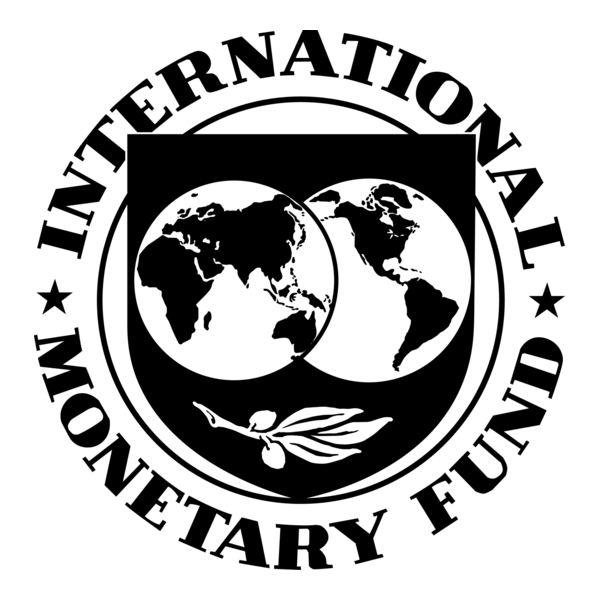The International Monetary Fund (IMF) has called on the Bank of England to cut interest rates at least two more times this year, warning that Britain’s economy remains fragile following Chancellor Rachel Reeves’s sweeping tax hikes.
In its latest World Economic Outlook, the IMF said interest rates should be lowered from their current level of 4.25% to support growth. The UK central bank has already reduced rates twice this year but is now expected to pause before potentially resuming cuts later in 2025.
The Fund warned that fiscal tightening at home, combined with global uncertainty including concerns over Donald Trump’s potential trade policies could trigger renewed financial market volatility. Risks are tilted to the downside, it noted. “Larger fiscal deficits or increased risk aversion could raise long-term interest rates and tighten global financial conditions. Combined with fragmentation concerns, this could reignite volatility in financial markets.”
The IMF highlighted that although Mr Trump’s tariffs have been lower than previously threatened, uncertainty over future U.S. trade direction continues to cloud the global economic outlook. A rush in global trade activity at the start of the year, as firms sought to avoid possible new levies, helped boost short-term growth.
Despite the challenges, the IMF has slightly upgraded its forecast for UK economic growth in 2025 to 1.2%, while maintaining its 2026 forecast at 1.4%. Global growth is projected at 3% for 2025 and 3.1% in 2026, buoyed by easing trade tensions.
Chancellor Rachel Reeves welcomed the forecast, saying it confirmed that the UK remains the fastest-growing G7 economy in Europe, despite broader global pressures.
However, the IMF also cautioned that monetary easing globally would likely proceed more slowly than previously expected. It forecasts that the Bank of England will make around two additional rate cuts this year, depending on economic data.
Meanwhile, concerns are mounting at home over the impact of recent fiscal policy. Bank of England Governor Andrew Bailey recently warned that tax changes introduced in Ms Reeves’s October Budget particularly to National Insurance contributions are hurting employment and wage growth. “Companies are adjusting employment and hours, and also having pay rises that are possibly less than they would have been if the NICs change hadn’t happened,” he said.
The IMF also recently suggested that the UK Government may soon be forced to consider politically difficult measures to support the NHS and balance the budget. These include higher taxes on working-age people, ending the pension triple lock, or introducing charges for NHS services.
Shadow Chancellor Mel Stride criticised the Labour Government’s economic strategy, claiming growth under Labour is going nowhere. He warned that Reeves may raise taxes by as much as £20 billion this autumn. “You can’t tax your way to growth,” he said. “We need to back British businesses and workers.”
Globally, the IMF suggested that the U.S. Federal Reserve may face more constraints in cutting rates, potentially setting up a confrontation with Donald Trump, who has repeatedly pressured Fed Chair Jerome Powell to loosen policy. Inflation in the U.S. is expected to remain above the Fed’s 2% target, while other major economies are projected to see more subdued price increases.
“Monetary policy rates in the United Kingdom and the United States are expected to decline in the second half of 2025, though at varying speeds,” the IMF said.
Read also: IMF slashes global growth outlook on impact of Trump tariffs



